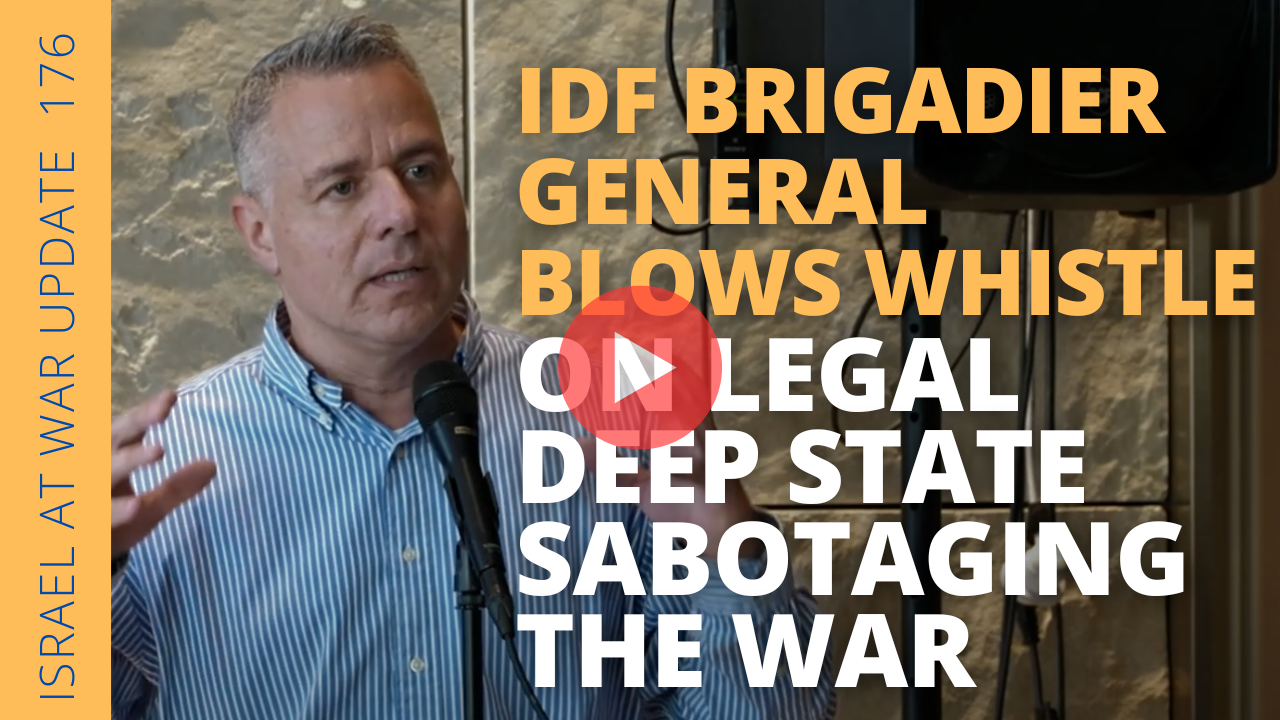In a series of targeted operations on Monday, the Israel Defense Forces (IDF) neutralized two members of the Iranian-backed Hezbollah terrorist organization in southern Lebanon. The strikes, conducted in the villages of Bint Jbeil (also spelled Bint Jabal) and Blida near the Israeli border, were described by the IDF as precise actions against individuals actively undermining the fragile ceasefire understandings between Israel and Lebanon.
The first incident took place in the morning hours in the Bint Jbeil area, a known Hezbollah stronghold located just a few kilometers from the Blue Line border. According to IDF statements, the eliminated terrorist was directly involved in reconstruction and fortification efforts aimed at rebuilding Hezbollah’s damaged military infrastructure in the region. Following the intense fighting that erupted after October 7, 2023, and the subsequent November 2024 ceasefire agreement, Hezbollah has been accused by Israel of systematically violating the terms of the arrangement by attempting to re-establish military positions and rearm in areas that were supposed to remain demilitarized south of the Litani River.
Later the same day, a second precision strike was carried out in the nearby village of Blida. In this operation, IDF forces identified and eliminated a Hezbollah operative who was actively conducting surveillance and intelligence-gathering activities directed at Israeli troops and communities along the northern border. The terrorist was reportedly observed using optical equipment to monitor IDF positions—a clear breach of the ceasefire terms that prohibit hostile military activity in the border zone.
The IDF stressed that both individuals’ actions constituted explicit violations of the existing understandings brokered in late 2024, which require Hezbollah to withdraw its forces north of the Litani River and cease all military operations in the southern border region. Despite the formal ceasefire, Israel has repeatedly accused the Shiite terrorist organization of attempting to exploit the agreement by rebuilding terror infrastructure, stockpiling weapons, and conducting reconnaissance missions—activities that directly threaten the security of Israeli civilian communities in the north.
“These precise operations reflect the IDF’s ongoing commitment to removing any immediate threat to the residents of northern Israel and to preserving the sovereignty and security of the State of Israel,” an IDF spokesperson stated. “We will continue to act decisively against any attempt by Hezbollah to re-entrench itself along the border and restore its terror capabilities.”
The strikes come amid heightened tensions along the Israel–Lebanon border, where thousands of Israeli residents remain evacuated from their homes more than a year after the outbreak of hostilities. While the November 2024 ceasefire significantly reduced large-scale exchanges of fire, localized incidents—including anti-tank missile attacks, drone infiltrations, and attempted infiltrations—have persisted, underscoring the fragile nature of the current arrangement.
Israel has made clear that it will not tolerate a return to the pre-October 2023 reality, in which Hezbollah maintained an extensive military presence immediately adjacent to Israeli towns and villages. The IDF’s continued enforcement actions in southern Lebanon are intended to ensure that the terms of the ceasefire are fully implemented and that the threat to northern Israeli communities is permanently removed.
As of Tuesday morning, Hezbollah had not officially commented on the loss of the two operatives, though the organization typically acknowledges casualties days or weeks later, often framing them as “martyrs on the road to Jerusalem.” Regional observers will be watching closely to see whether these latest eliminations trigger any escalation or whether both sides continue to contain incidents within the pattern of limited, tit-for-tat actions that has characterized the border since the ceasefire took effect.

 Whatsapp
Whatsapp




